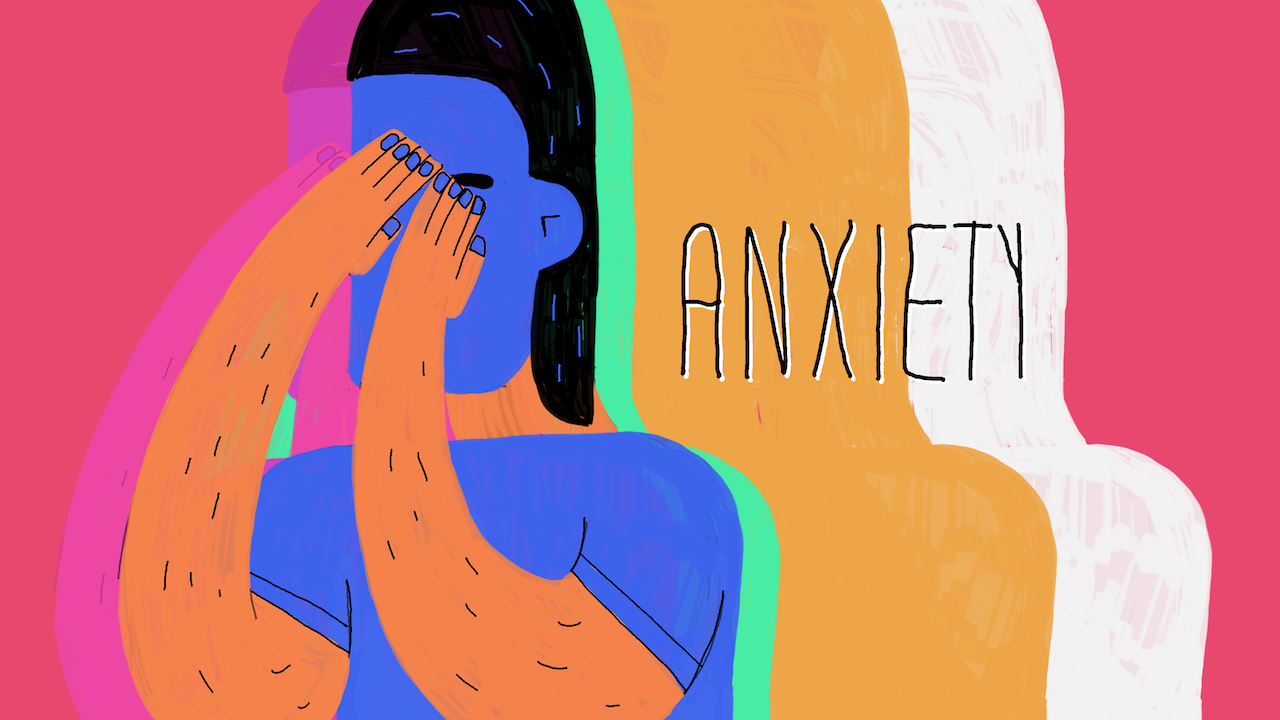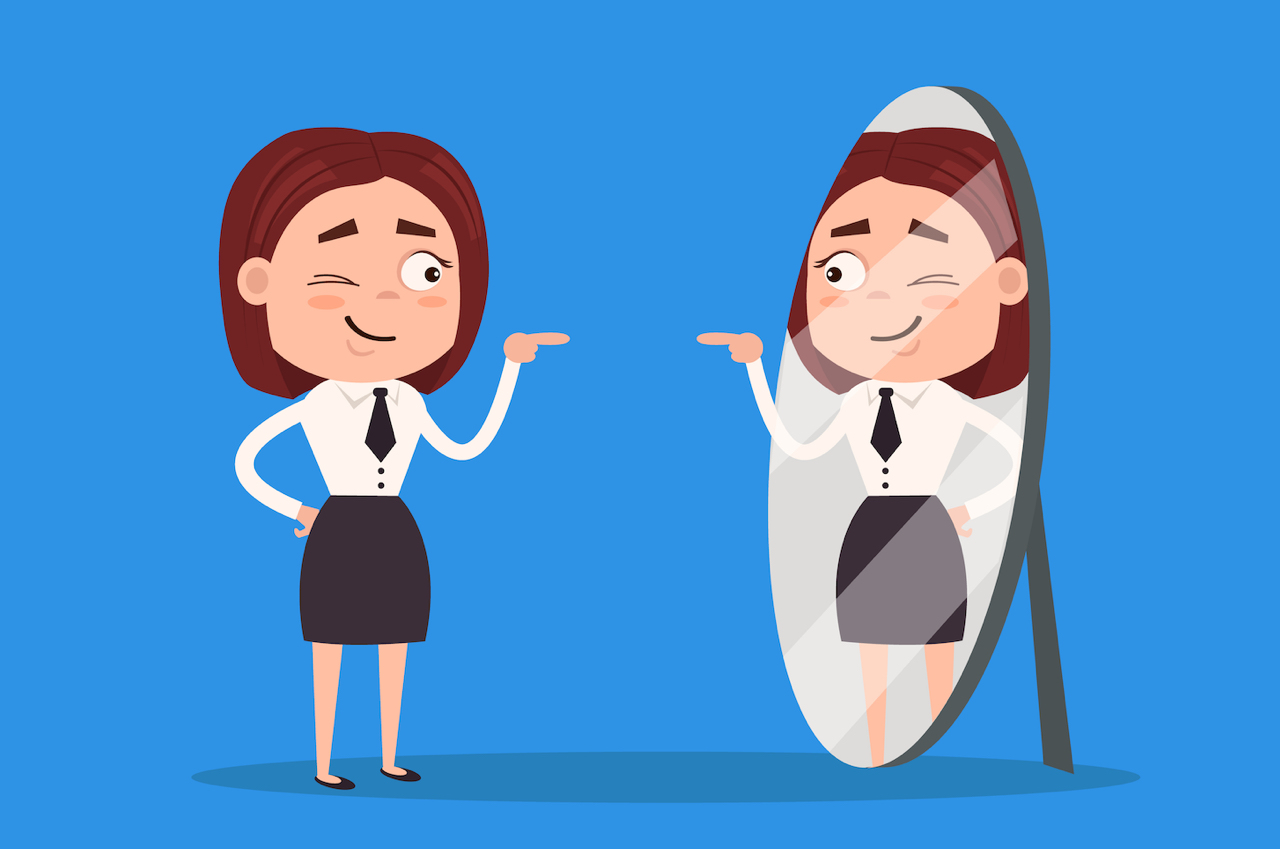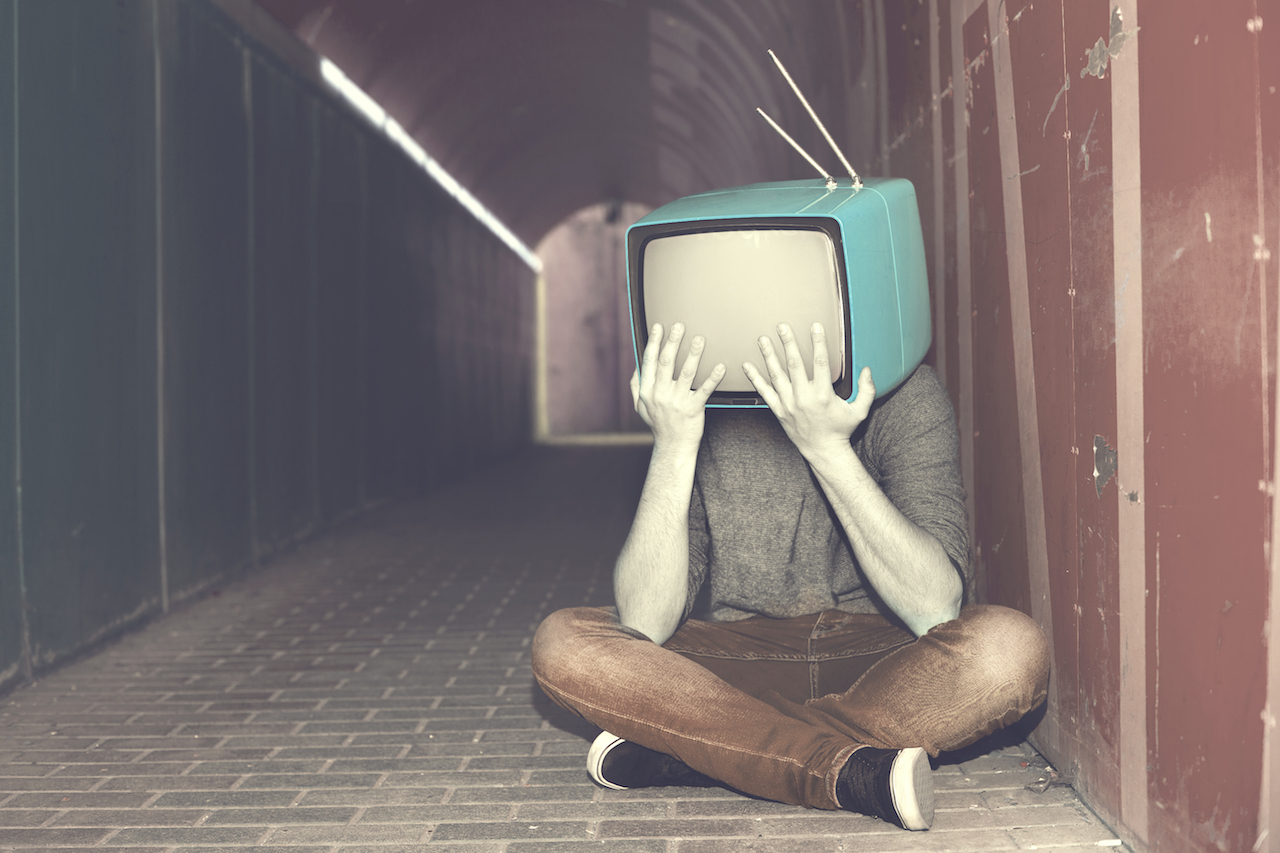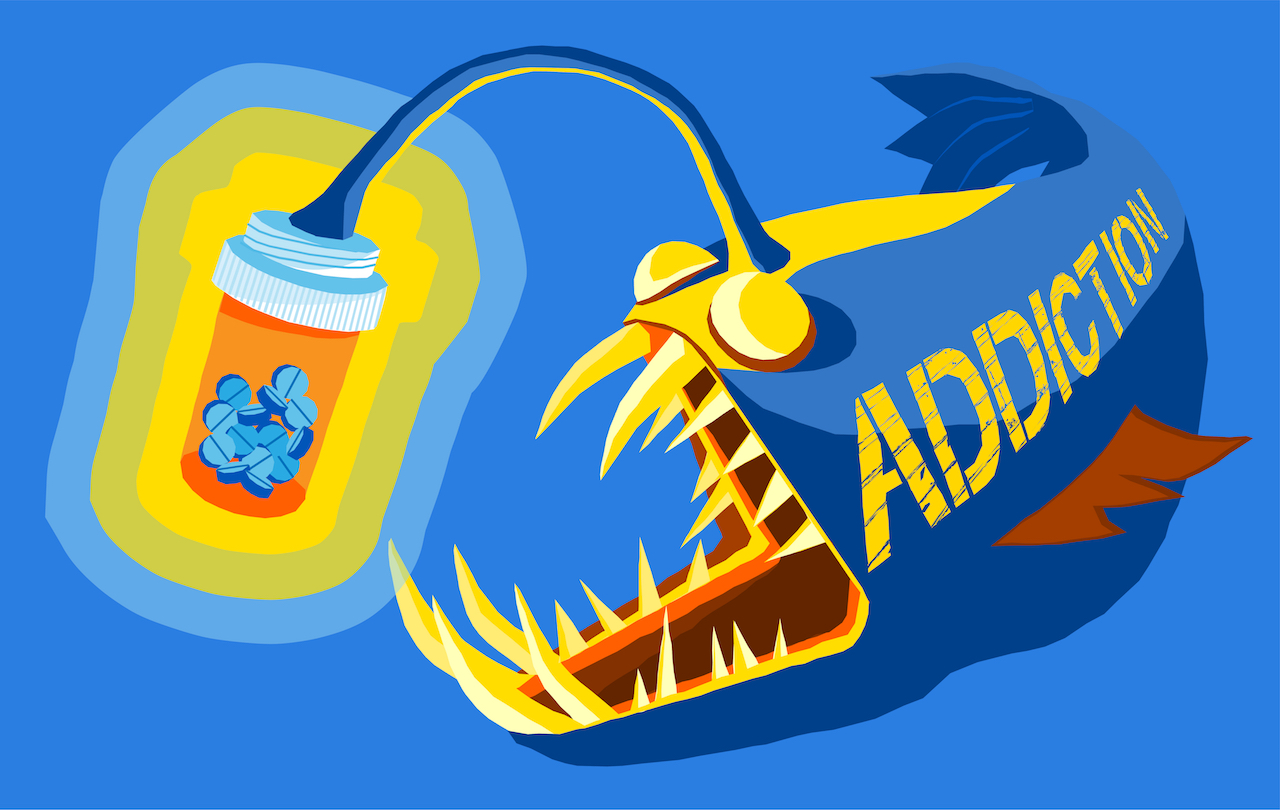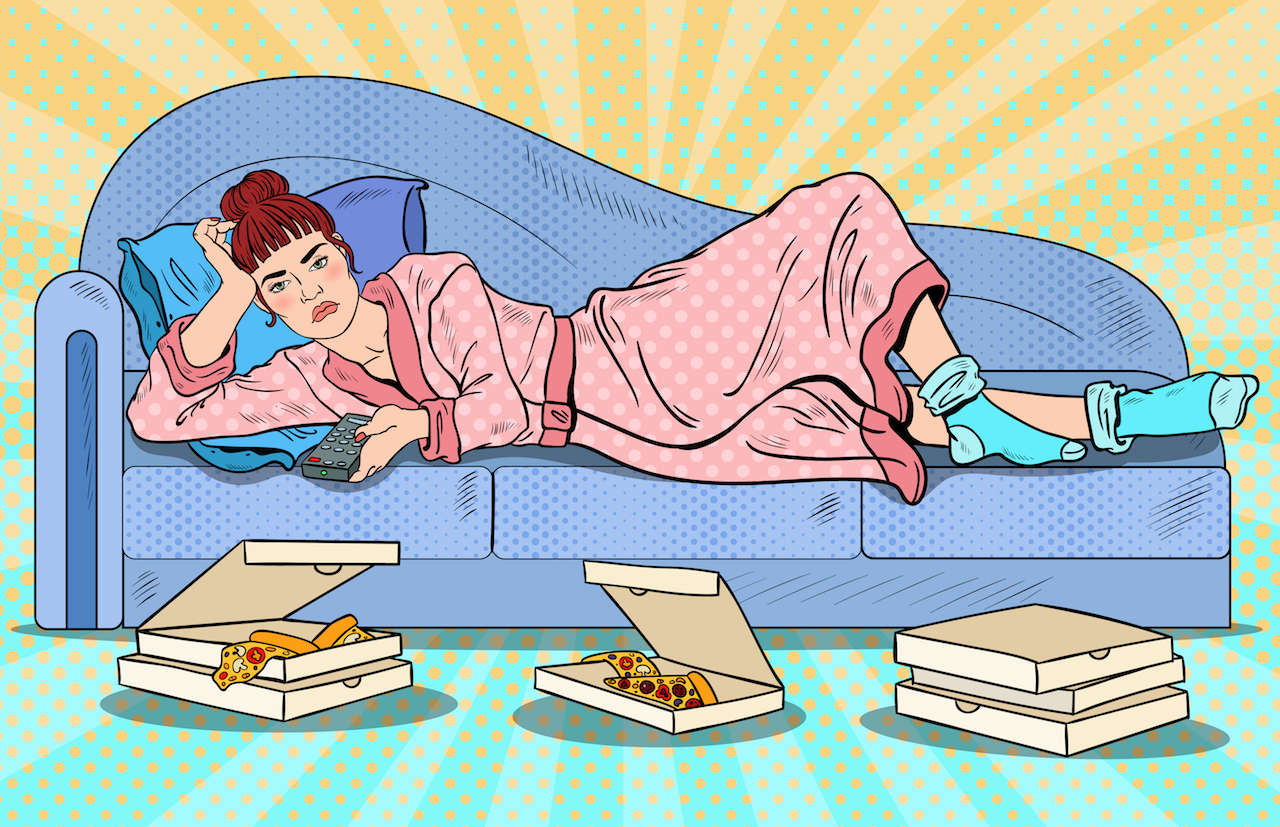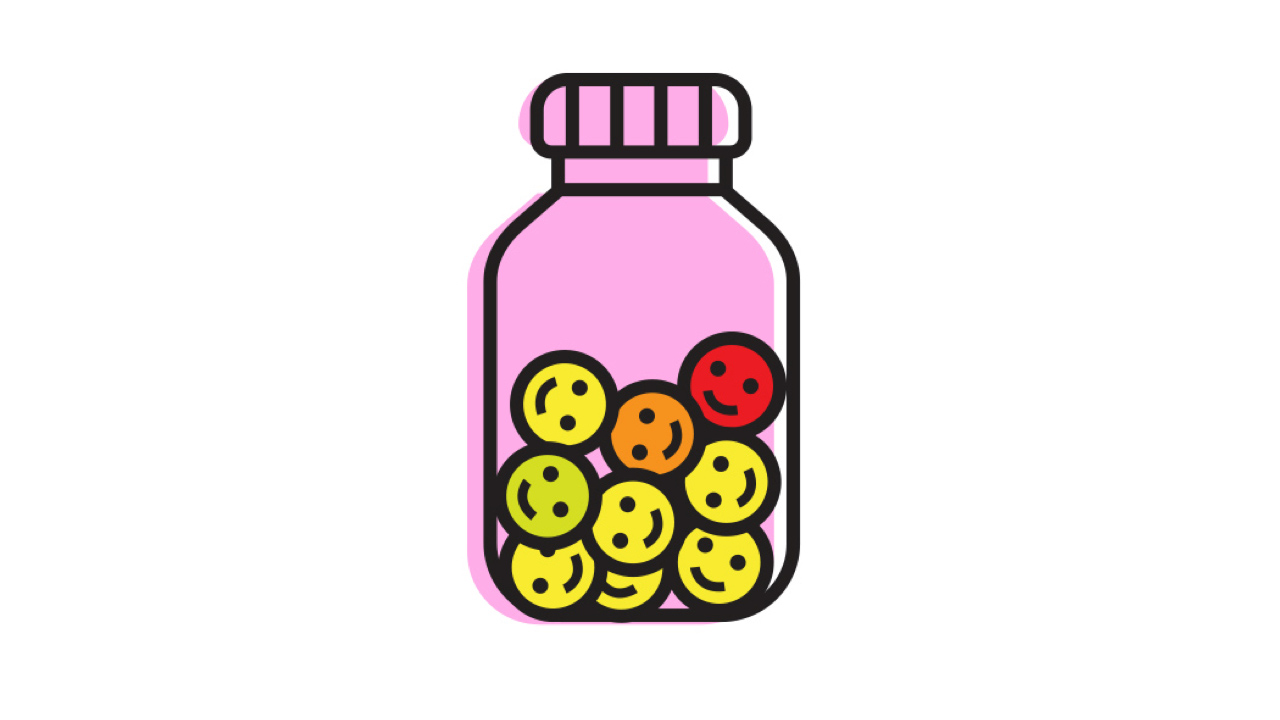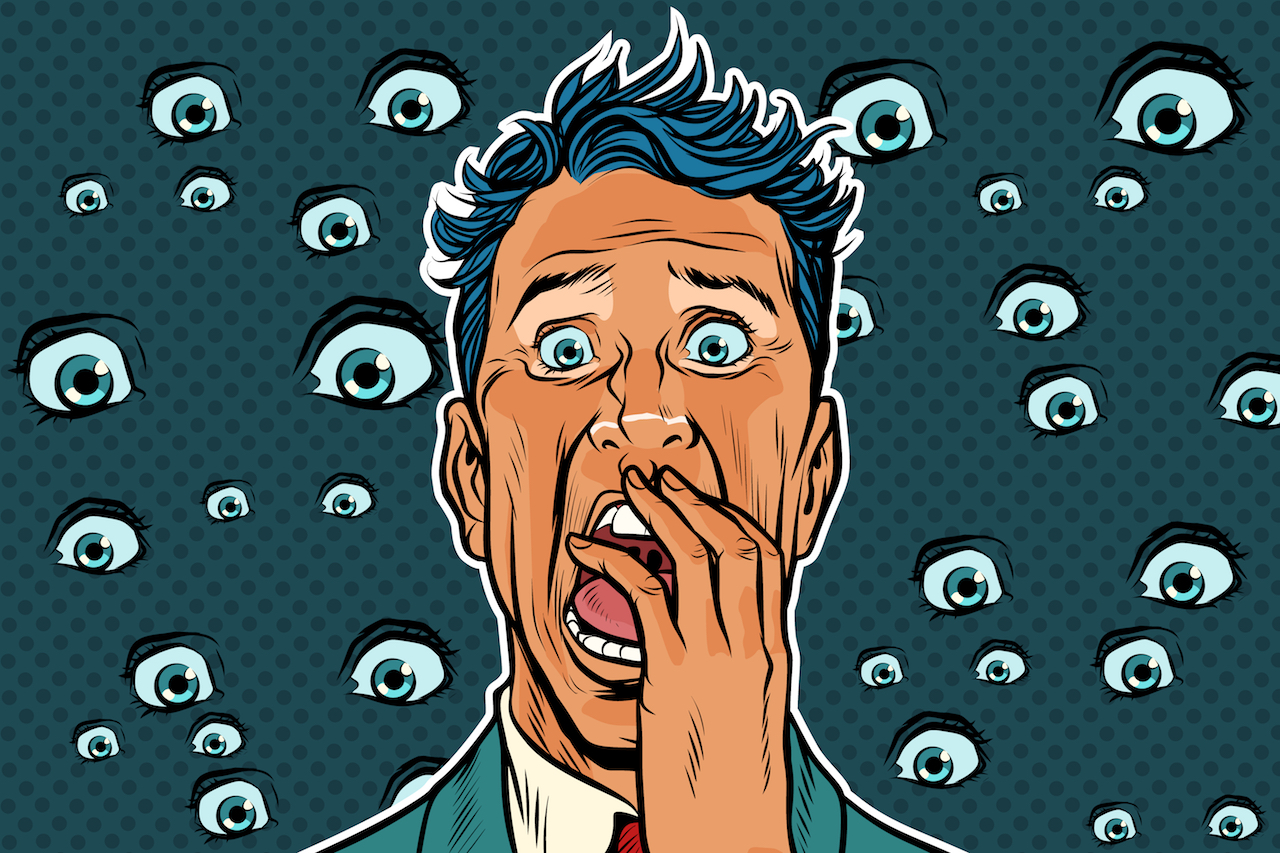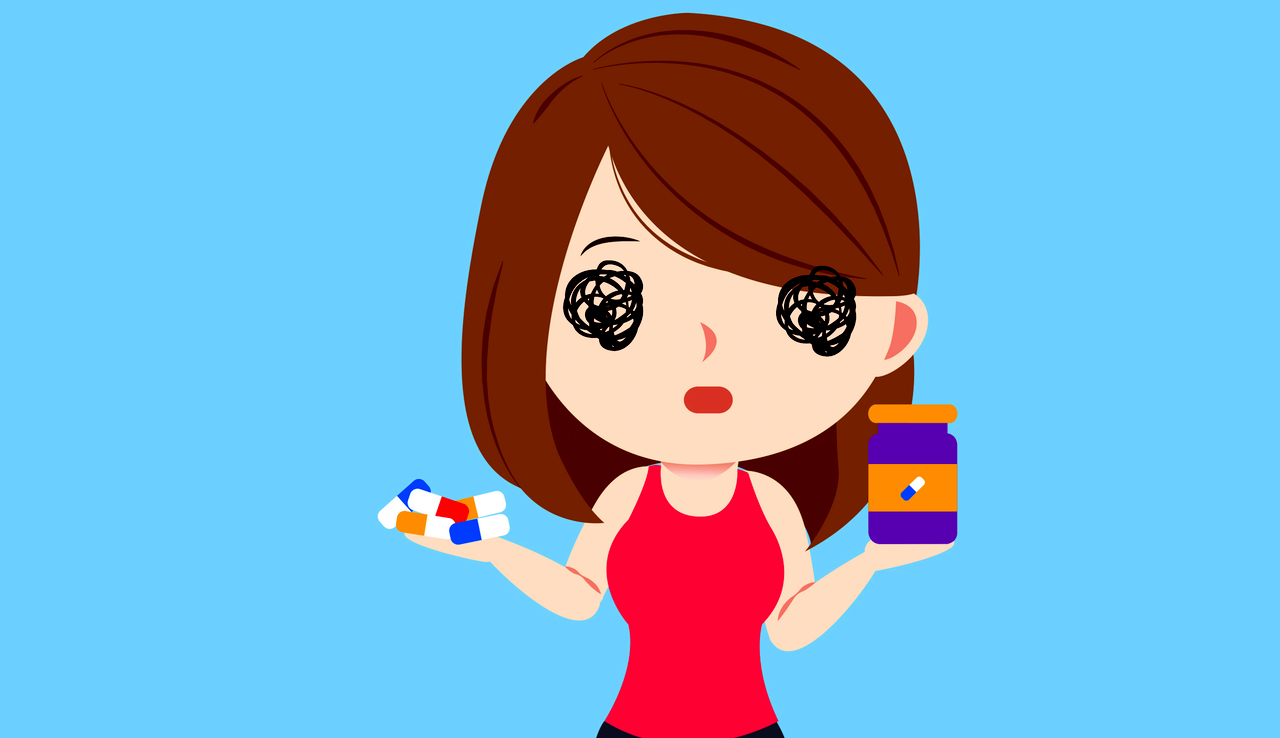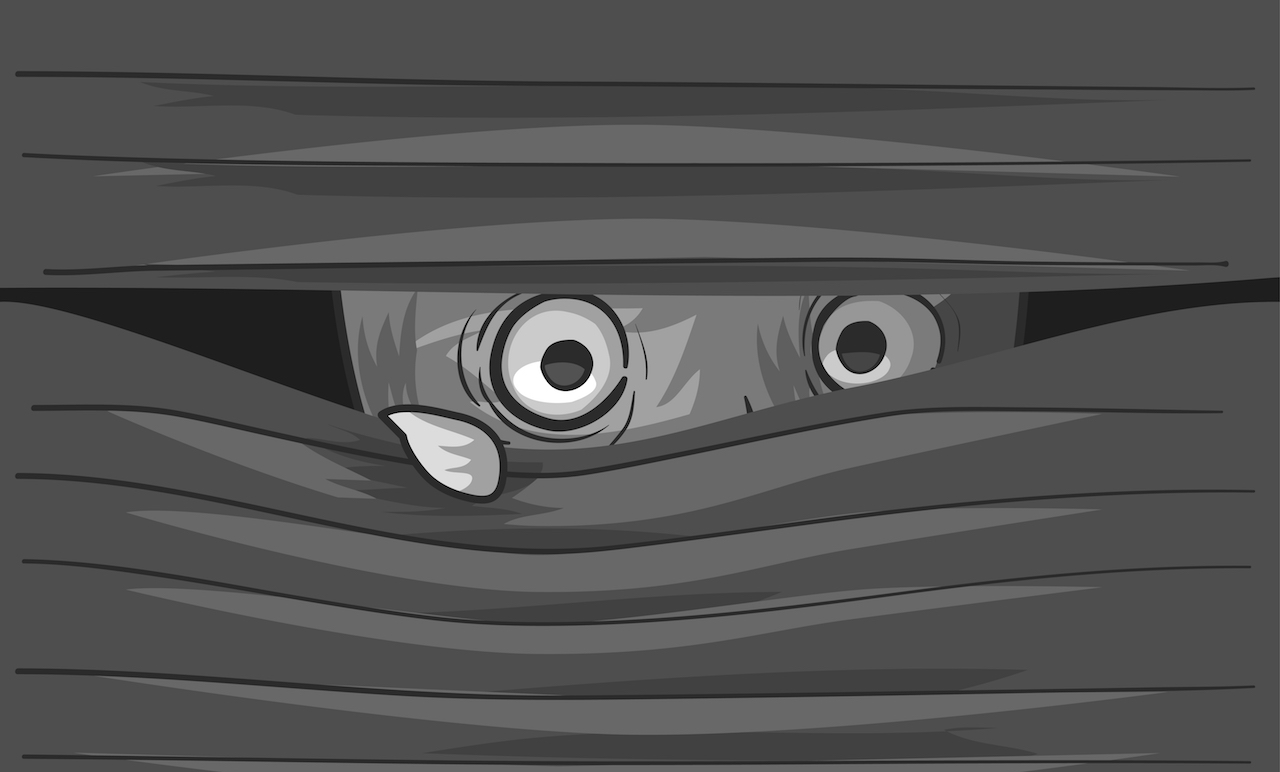Being worried is absolutely normal, especially when you’re about to take on a big task like exams or rushing to find that lecture room on time.
On the other hand, if your worrying causes constant stress, impacts on your social life, and interferes with classes and work, you may need to seek help.
If that’s the case, it’s important to know that millions of people suffer with social anxiety disorder. You’re really not alone. It’s equally common in men and women. If left unchecked, it can drive people into a chronic state of nervousness and fear.
Normal anxiety
Anxiety is a normal reaction to danger. It’s your body’s automatic fight-or-flight response that’s triggered when you feel threatened, under pressure, or facing a stressful situation.
The difference between normal anxiety and an anxiety disorder is between the source and the intensity of the experience. At the low end of the intensity range, anxiety is normal and adaptive. At the high end of the range, anxiety can become uncontrollable and may result in you not being able to adjust appropriately to an environment or situation.
What is an anxiety disorder?
When your anxiety is constant or overwhelming and interferes with your relationships and daily activities.
Signs and symptoms of anxiety disorder
- Irritability
- Feeling like your mind’s gone blank.
- Anticipating the worst.
- Feeling tense and jumpy.
- Watching for signs of danger.
- Feelings of apprehension (anxiety or fear that something bad or unpleasant will happen).
- Trouble concentrating.
Anxiety is more than just a feeling. As a product of the body’s fight-or-flight response, it also involves a range of physical symptoms:
- Sweating
- A pounding heart.
- Dizziness
- Headaches
- An upset stomach.
- Frequent urination or diarrhoea.
- Shortness of breath.
- Muscle tension or twitches.
- Shaking or trembling.
- Insomnia
How to cope better
- Get active. Physical activity boosts your feel-good hormones. Join a sports club, or go to the gym. Take a break and go for a walk. Make it a priority to move frequently.
- Don’t skip meals. Eat a clean and balanced diet. Keep the caffeine to a minimum and go easy on sugary drinks. Caffeine can trigger anxiety and panic attacks.
- Stay away from alcohol and drugs. These substances can aggravate anxiety and make your feelings worse.
- Don’t aim for perfection. Give everything your best shot instead of trying to do things perfectly in one go. Everything will take time, be proud in the little you do, to get close to your end goal.
- Learn some relaxation techniques. Take a deep breath and count to 10. Stepping back from your problems will help you clear your head. Meditate, get a soothing massage and listen to relaxing music.
- Don’t beat yourself up! Think about your situation and remind yourself of all the positives, or all the certainties. It may be hard to spot them at first, but making yourself more aware of what you DO have, and what you CAN trust, can help shift the balance.
- Call a friend. Don’t bottle up your emotions. Reach out to your roommate, partner, family, or a counsellor when you’re feeling overwhelmed. If all else fails, get out a notepad and write out your feelings. It’s amazing how small things start to look when they’re out of your head and down in black and white.
- Figure out your anxiety triggers. Take notes or write in a journal when you’re feeling anxious or stressed, and then look for patterns. Some triggers can be avoided, and for others, you can learn some coping strategies.
If you’re still finding it hard to get your anxiety under control, speak to one of our doctors. You may need therapeutic or medical treatment. Don’t suffer in silence!

